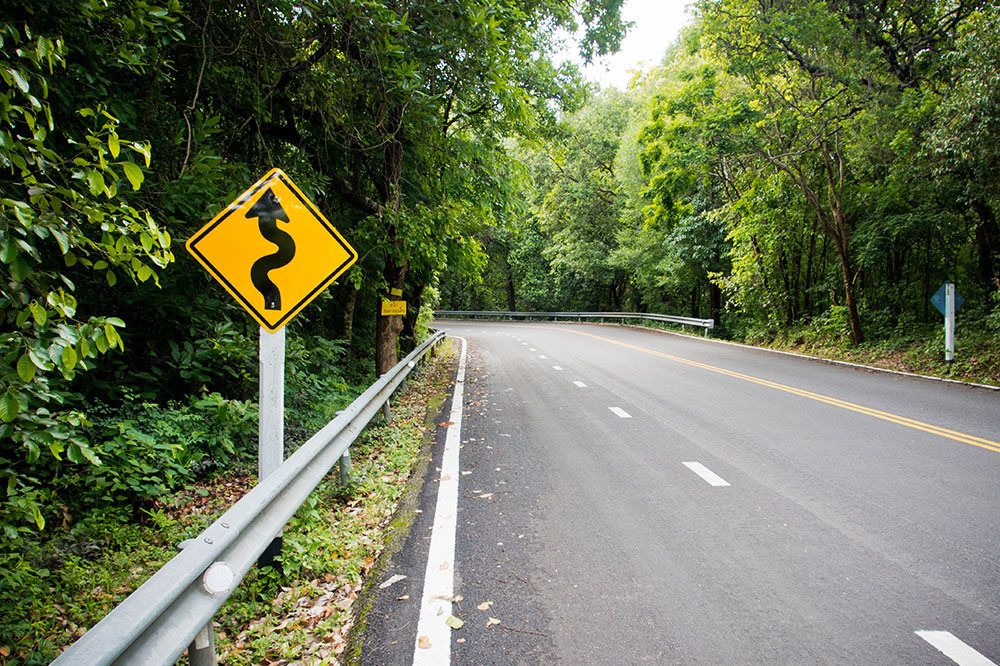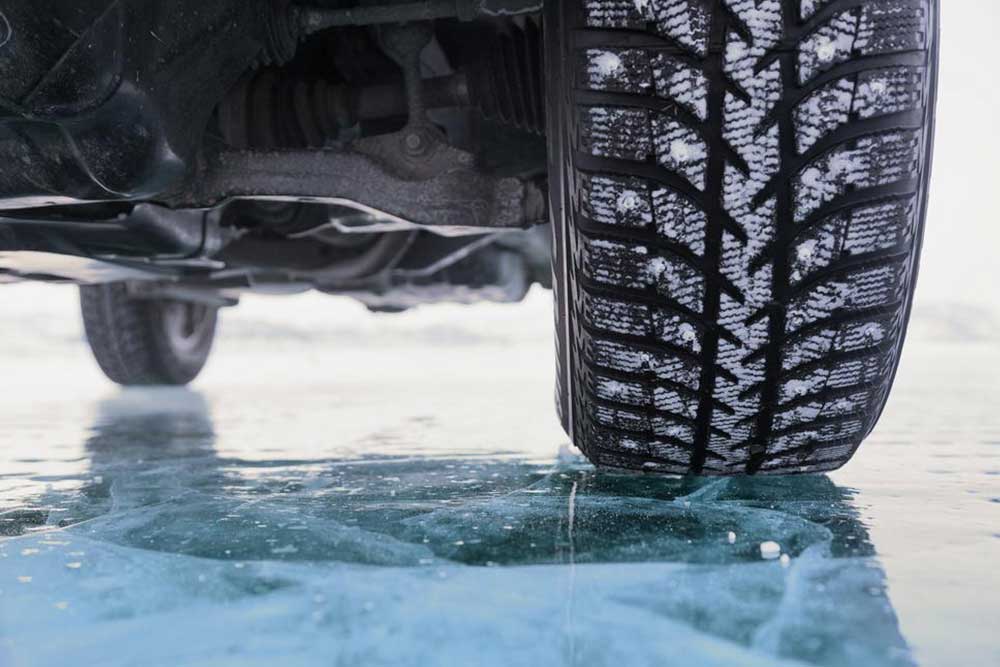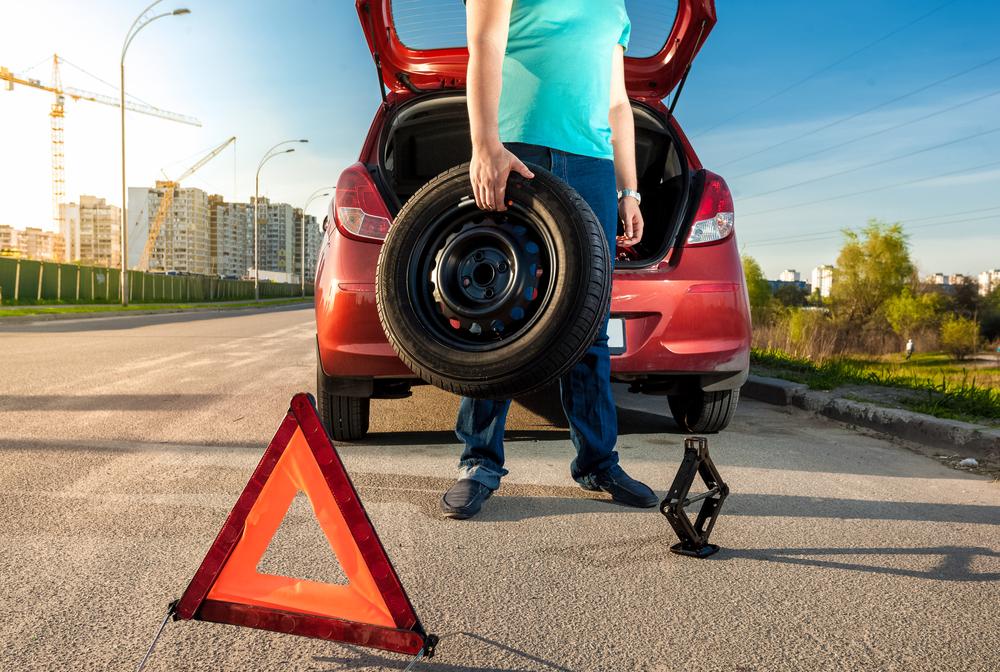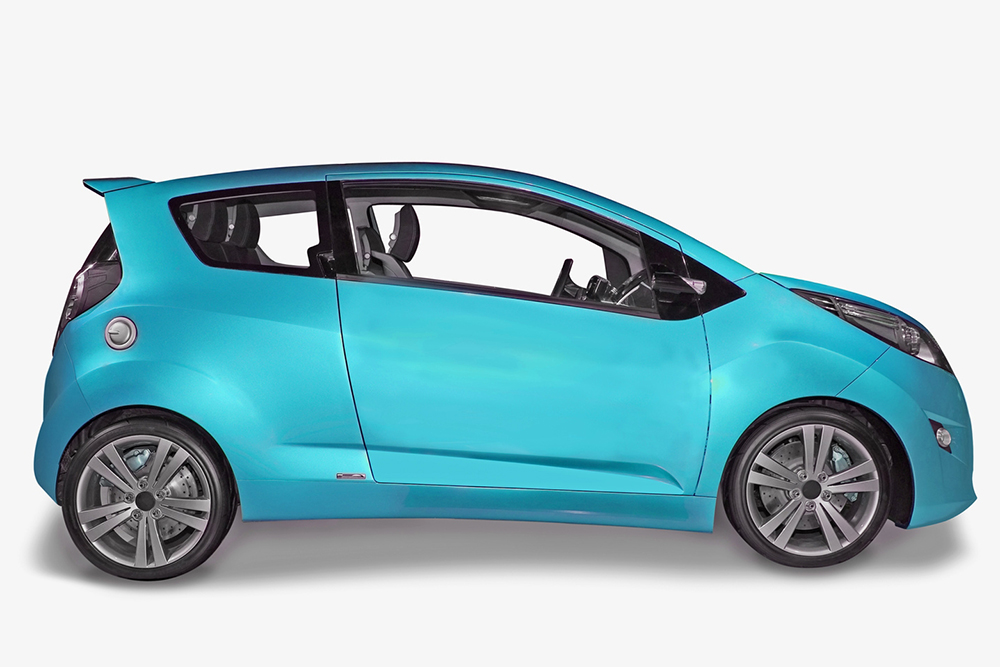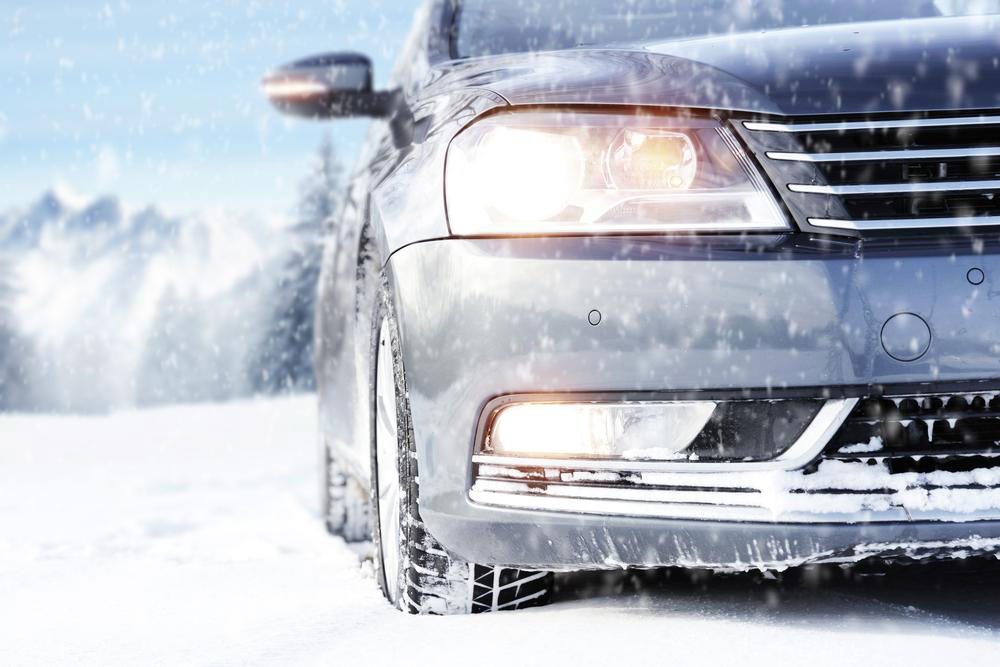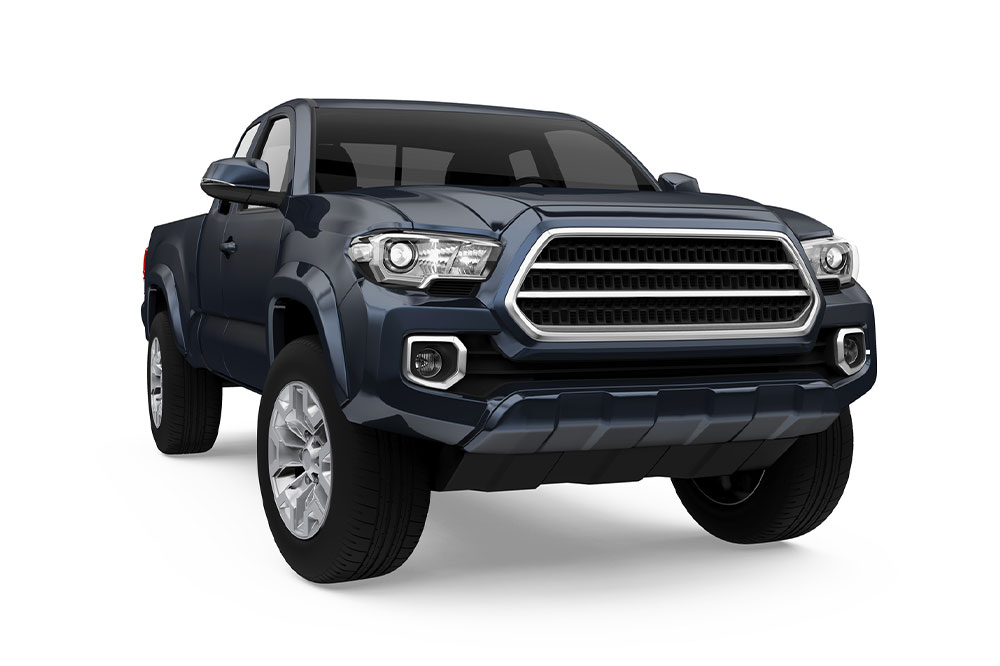Essential Winter Driving Tips for Safer Roads
Prepare for winter with essential driving tips to ensure safety on snowy and icy roads. From clearing snow to packing safety kits, this guide helps drivers navigate winter conditions confidently. Staying informed and cautious can prevent accidents and keep your journey smooth during the colder months.
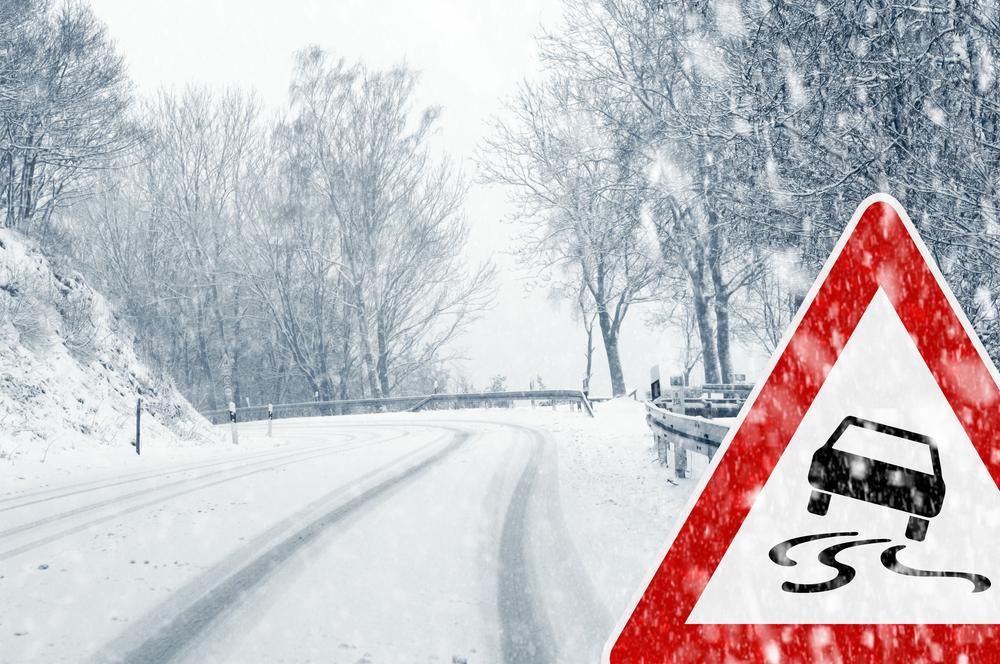
Essential Winter Driving Tips for Safer Roads
As temperatures drop and daylight hours shorten, it's time to prepare for winter driving conditions. Staying vigilant and planning ahead can significantly reduce risks on icy and snowy roads. Make sure to prioritize safety during this season by following these vital tips.
Here's an essential guide to winter driving safety…
1. Remove Snow and Ice
Before driving, clear all snow and ice from your vehicle's roof, windows, bumpers, lights, and mirrors. Wait until fog clears to ensure maximum visibility before hitting the road.
Limited visibility often leads to accidents.
2. Use Winter Tires
Many insurance plans offer discounts for vehicles equipped with winter tires. These tires deliver better grip, allowing for safer stopping and handling in icy, wet, or freezing conditions.
3. Stay Informed About Road Conditions
Plan your routes carefully. Check weather forecasts and road updates to avoid hazardous areas and delays, postponing trips if conditions are unsafe.
4. Allow Extra Travel Time
Drive at a cautious pace, especially in poor visibility. Giving yourself more time reduces stress and risk of accidents.
5. Maintain Safe Following Distance
Keep a safe gap between your vehicle and others. This ensures sufficient reaction time and prevents rear-end collisions, especially around slower-moving snowplows and vehicles.
6. Keep Fuel Tanks Full
Filling your tank helps prevent moisture buildup, reducing the chances of fuel line freezing in cold weather.
7. Prepare a Winter Safety Kit
Pack essentials such as booster cables, a snow shovel, sand or kitty litter, gloves, snow brush, water, energy bars, a blanket, flashlight, candle, first aid supplies, and extra windshield washer fluid. These items are vital if you get stranded or experience an emergency.
Note:
Our blog shares practical information across various topics. While we strive for accuracy, readers should verify details independently, as some data might differ or become outdated. The site isn't responsible for external inaccuracies, nor for schemes or offers not covered here.

